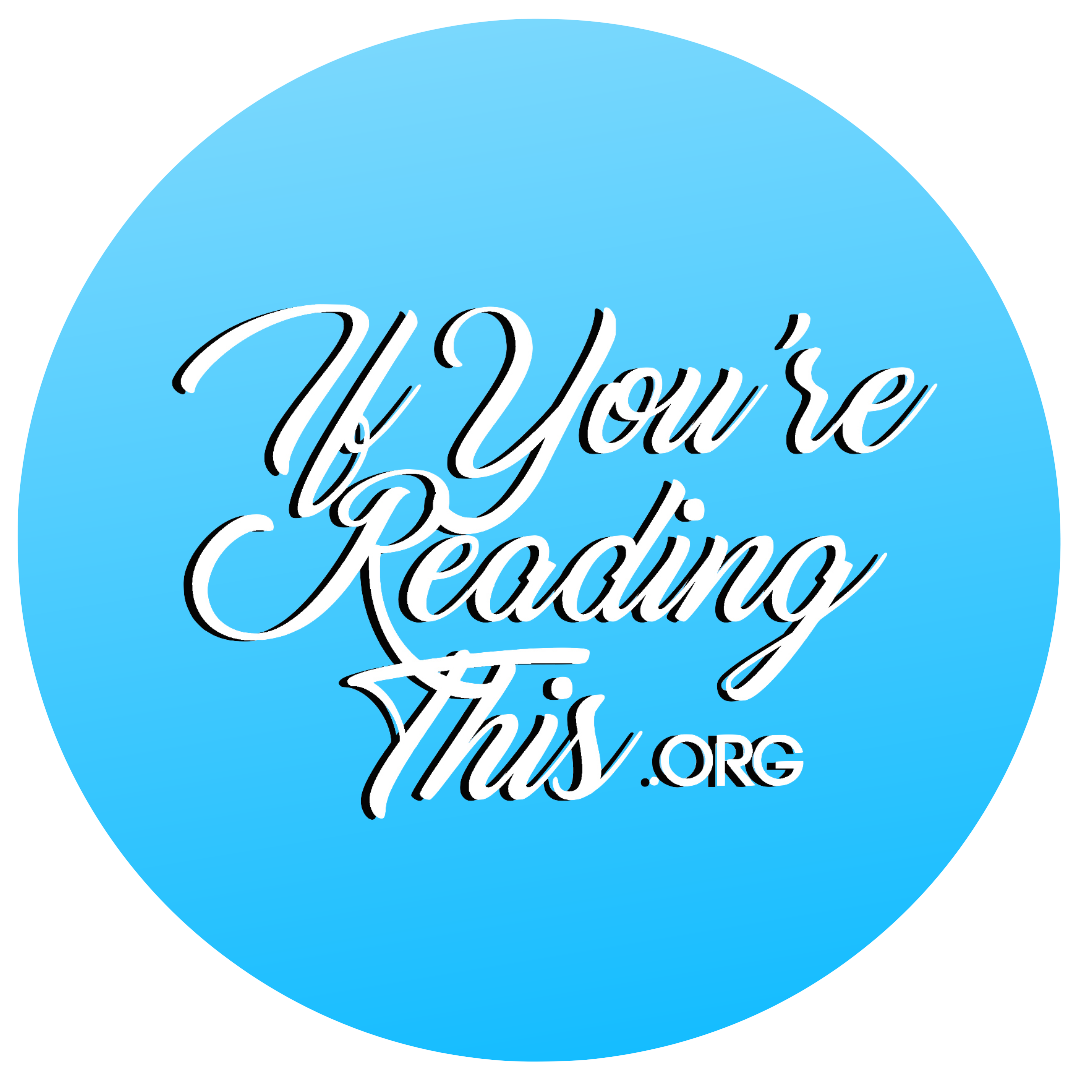If you’re reading this, forgive yourself.
I approached my recovery in the same way that I approach most things––with elusively high expectations. I told and retold myself that the effects of disordered eating, depression, and anxiety wouldn’t let go so easily, but my expectation of perfection persisted. I started off the way most do––therapist, meds, the uncomfortable and intimate feeling of building a new relationship with your body and mind. For a while things seemed to progress along my expected trajectory, until my first relapse of many.
Just as recovering from mental illness takes many forms and paths, so do its roadblocks. After months of maintaining a meticulous diet, one large meal would send me spinning. I’d waste hours of my day fighting myself to keep on the right track. Eventually, I’d break. My relapses also take a mindless form, where I wouldn’t put any thought or anxiety into it at all. I’d just act, only to deal with the mental aftermath later.
This summer, I learned how deftly relapse can creep up on you. Before, I’d have bad days where my eating disorder would manifest itself once more, but this was different. I was in a beautiful city on the other side of the world, alone. I explored and challenged myself in every wonderful way possible. But at the end of the day I felt alone and unwell. I was thriving and shriveling at the same time––a paradox that blindsided me. The unsettlingly familiar numbness of depression started to grow once more, but I refused to accept it. A small voice told me that I should see my therapist again, that things weren’t right. This voice was soon joined by real ones coming from my closest friends and family, encouraging me to get help.
I neglected myself for too long. For me, restarting therapy meant that I’d failed. I just wanted it to be over, and I didn’t think I had the energy to go through with recovering again. However, now I know that making the decision to take care of myself was the opposite of failure. It was the most important step on a road to a healthier and more normal life. I wish there had been a defining moment that led finally realizing how to forgive myself, but there wasn’t. One day I simply broke down with my mom and realized I needed to hold myself accountable for my health.
I still hold myself to a high standard, but I’m learning to forgive myself for making mistakes. I’m getting closer every day to uncovering the line between pushing yourself and being your own bully. I no longer strive for complete recovery, but for improvement. I still make mistakes and I don’t foresee that changing, but I’m finally growing more comfortable in my own space in my own recovery. Forgive yourself for still being at your journey’s earliest stages. Forgive yourself for an imperfect journey.
Libbie H., University of Virginia '18

